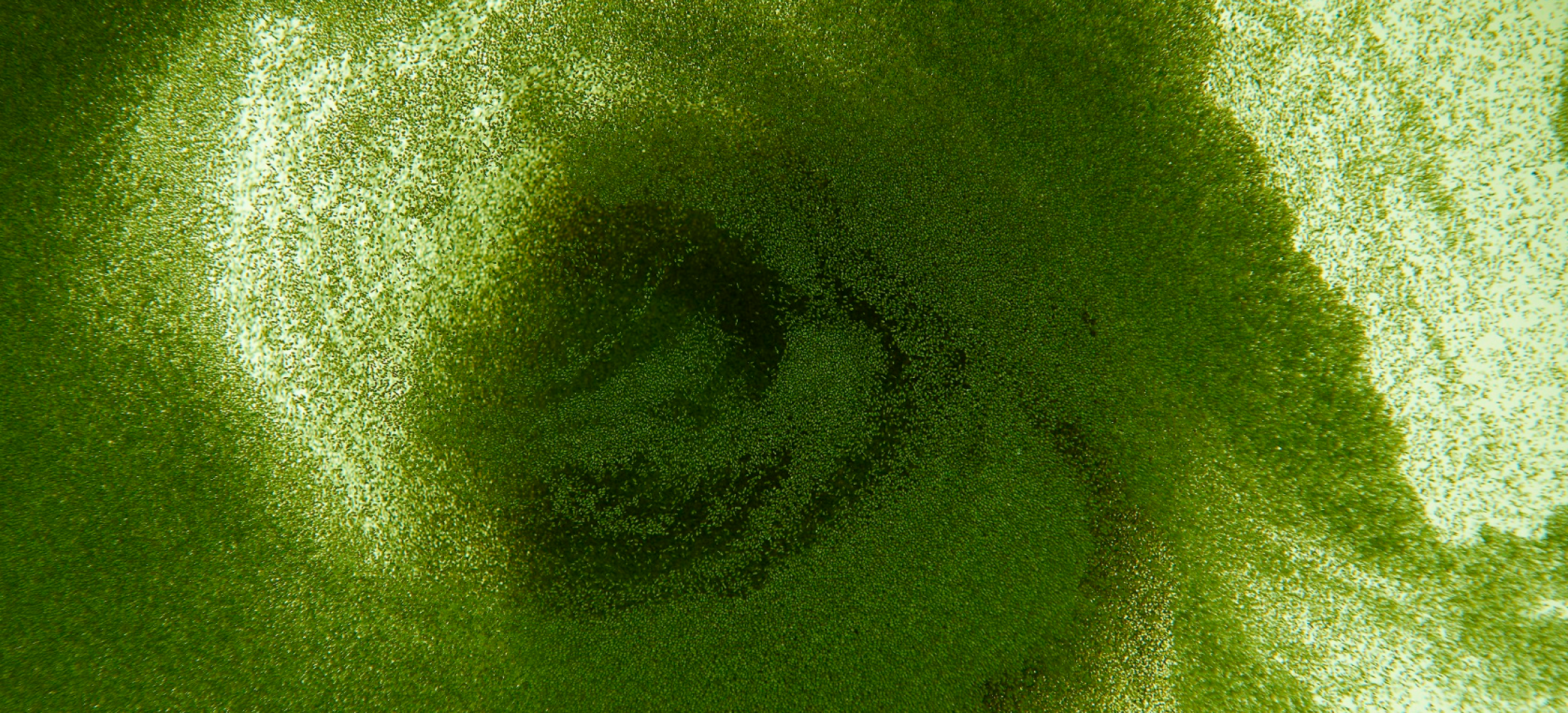The Clinical Studies Have Spoken:
Mankai Gives You More!
The Clinical Studies Have Spoken:
Mankai Gives You More!
Since its introduction to western culture, Mankai's amazing traits have intrigued the global science community.
A list of groundbreaking clinical studies conducted by leading universities and research institutions, which were published in journals dedicated to nutrition and medicine, analyzed Mankai's advantages and positive influence on human health.
One of these studies – a large-scale international collaboration between Ben Gurion and Harvard Universities – examined the impact of a Mankai-enhanced Green-Mediterranean diet on bodily functions and health.
The results, including the results of a large clinical trial that analyzed 300 participants over 18 months, and compared a classic Mediterranean diet to a Green-Mediterranean diet rich in polyphenols-Supplied by Mankai, amazed the global science community. In fact, the staggering results led to a long list of studies that attempted to decipher the power of this tiny SuperGreen.
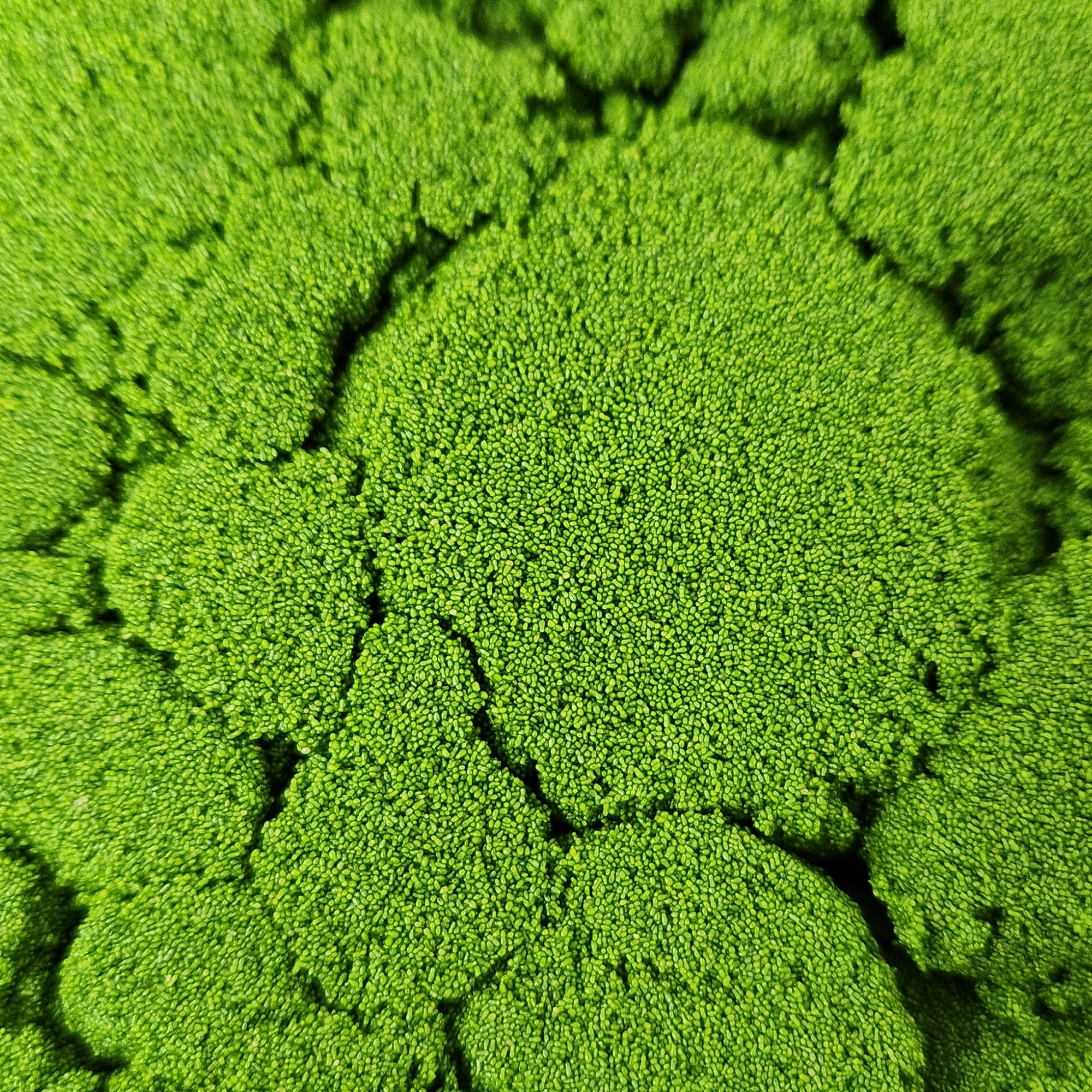
A source of highly absorbed iron
Published results of an 18-month clinical study revealed that participants following the Green-Mediterranean Diet group — which included reduced consumption of animal-based foods and a daily Mankai shake — maintained significantly higher and more stable iron status indicators (hemoglobin, plasma iron and transferrin) compare to the other study groups. Complementary findings from a rat model demonstrated that Mankai supplementation also reversed anemia.
The report was published in THE JOURNAL OF NUTRITION.
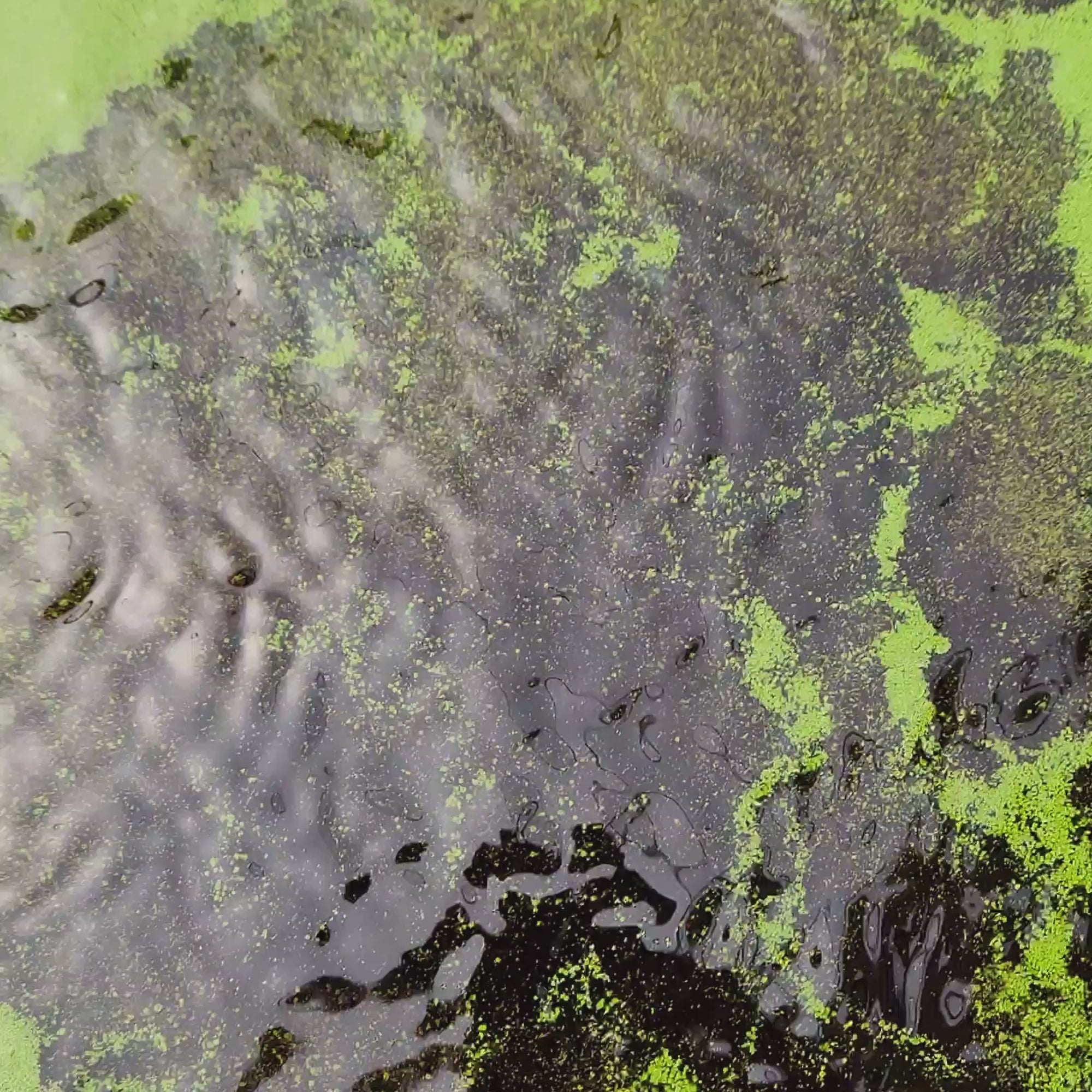

Vitamin B12, both bioactive and bioavailable
Studies have clearly shown that Mankai, as opposed to other plants, is a natural source of vitamin B12 in all three of its active forms. Additional studies demonstrated that Mankai’s B12 is highly bio available — with daily consumption leading to increased blood B12 levels, even in individuals who consume less animal-based foods.
Moreover, a focused study using an artificial intestine model found that Mankai consumption significantly boosts the abundance of gut microbiota involved in vitamin B12 absorption, likely contributing to its high bioavailability.
The study was published in NUTRIENTS.
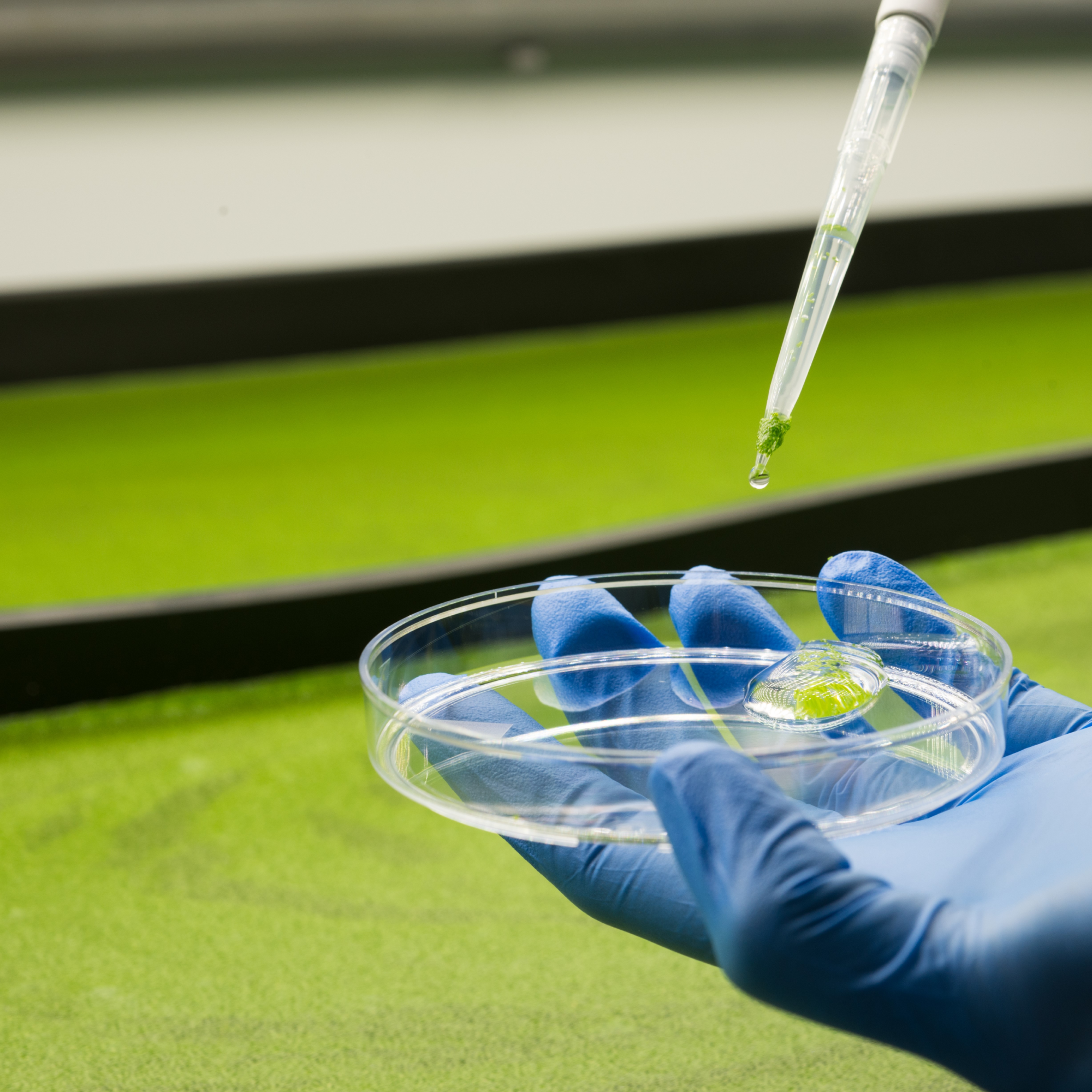
A high-quality alternative to animal-based protein
Over 40% of Mankai's dry matter is made up of complete protein, which includes all the essential amino acids, in a ratio aligned with FAO recommendations — similar to the amino acids profile of egg protein. A comparative study revealed that Mankai amino acid digestibility is high, comparable to that of white cheese.
According to this report, Mankai is a rich source of high-quality complete protein that can replace animal-based protein.
The study was published in Clinical Nutrition.
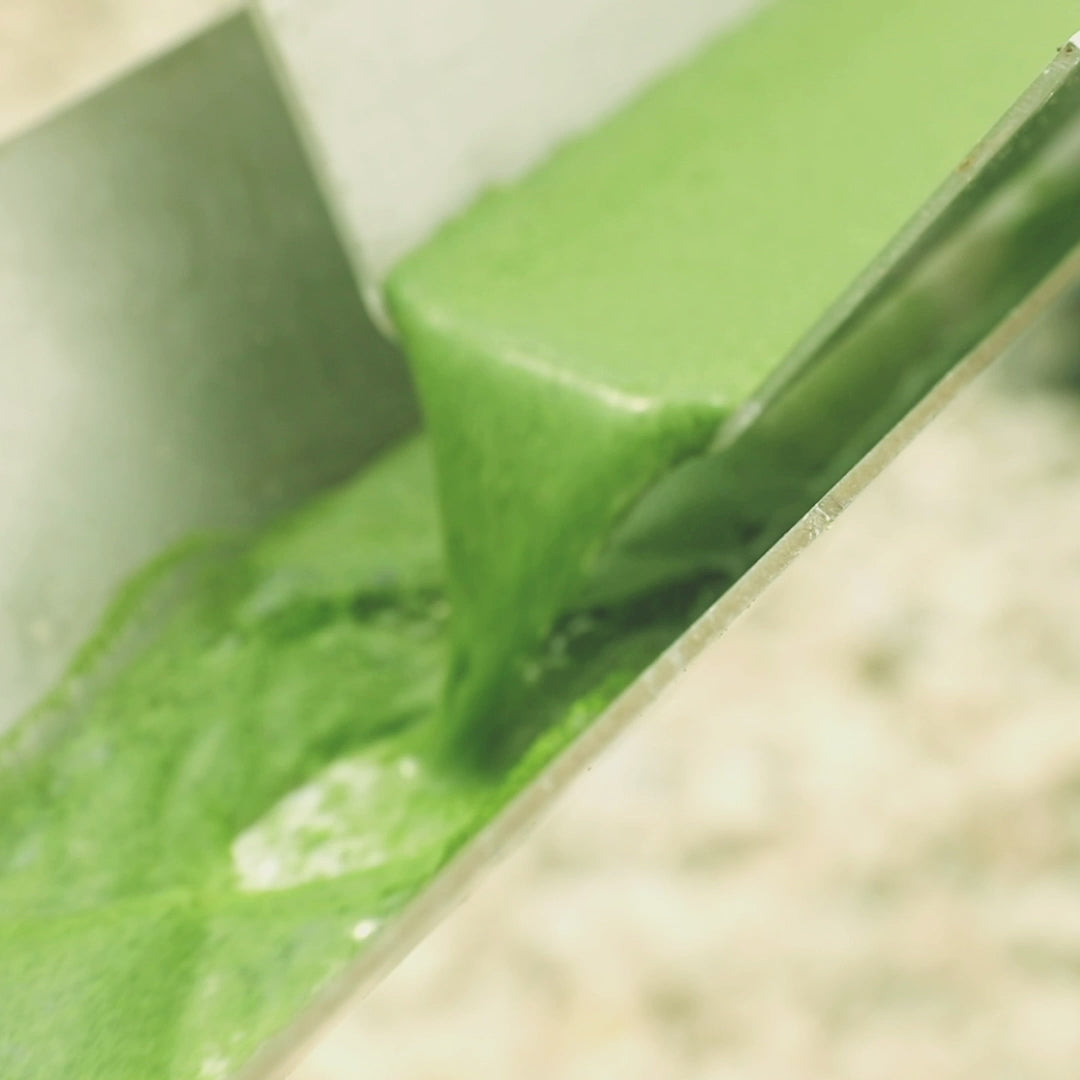

Balancing sugar and improving insulin activity
A dedicated clinical study examined the impact of incorporated Mankai into a daily diet on blood sugar levels. The results demonstrated that daily Mankai consumption helps maintain balanced blood glucose levels throughout the day, while enhance insulin sensitivity. Participants also reported on increased feeling of satiation after consuming a Mankai shake.
The study was published in DIABETES CARE


Reducing blood sugar levels in patients with type 2 diabetes
The benefits extended beyond healthy individuals.
A clinical study involving type 2 diabetes patients conducted by Sheba Medical Center and Ben Gurion University, found that consuming Mankai after a meal led to a significant reduction in post-meal blood sugar levels in those T2D patients (approx. 20%).
The study was published in Diabetes ,Obesity and Metabolism
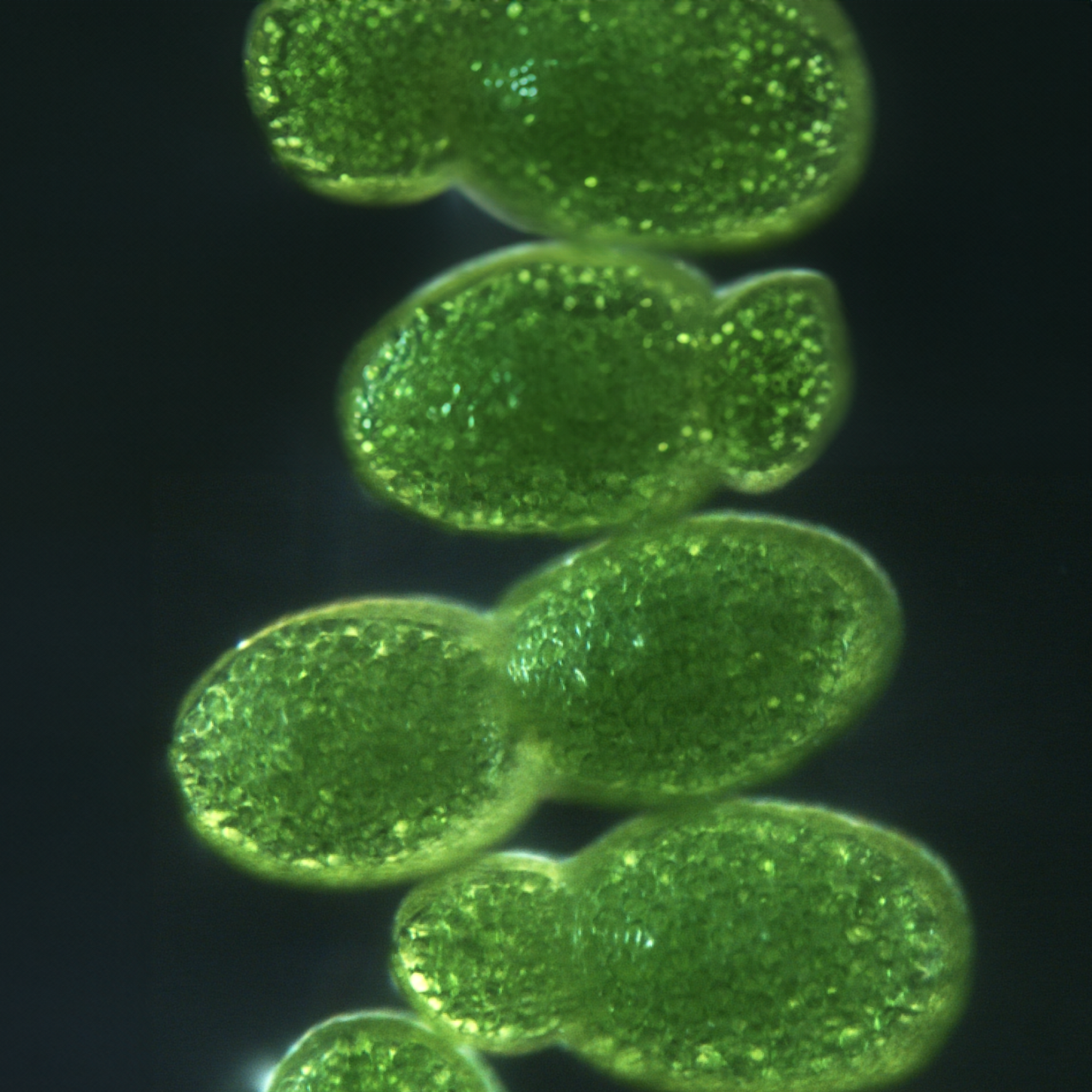
A significant deceleration in age-related brain atrophy
A clinical study, along with supporting research, examined the effect of a Mankai-rich Green-Mediterranean diet — which included reduced consumption of animal-based foods and a daily Mankai shake — on age-related brain atrophy within subjects aged 50 on average. MRI analysis over the 18-month study period revealed that the Mankai polyphenol-rich diet significantly slowed age-related brain atrophy and was associated with reversal of brain aging by approximately 3 years.
The study results were published in two articles:
The American Journal of Clinical Nutrition.
The American Journal of Clinical Nutrition.
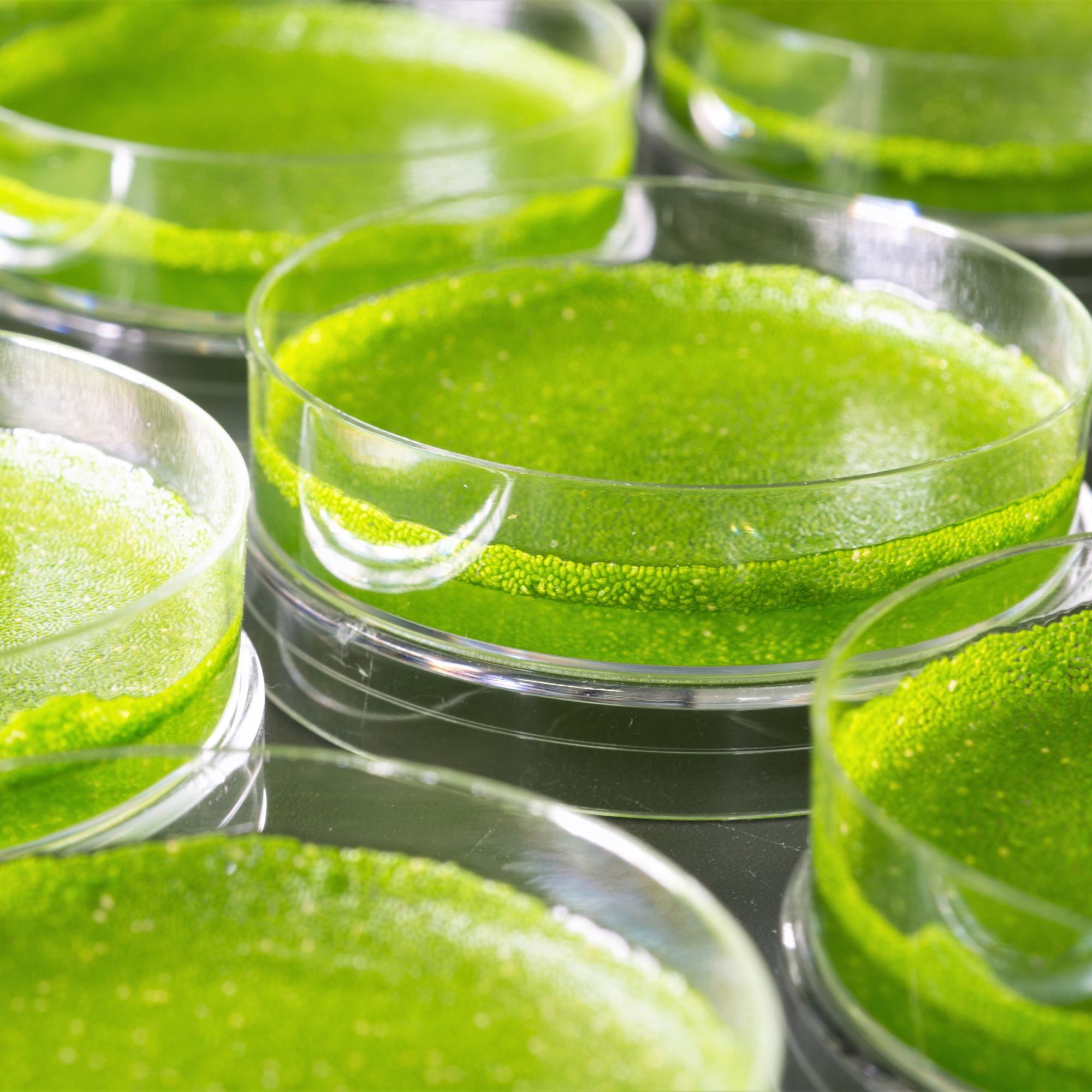
Improvement of cardiovascular system and proximal aortic stiffness
A large clinical study, analyzing 300 participants over 6 months, compared a western diet, a classic Mediterranean diet and a Green-Mediterranean diet (which included reduced consumption of animal-based foods and a daily polyphenol-rich Mankai shake). The results revealed that the Mankai-rich Green - Mediterranean diet led to significant improvements in various cardiometabolic parameters, including LDL, HDL/LDL ratio, blood pressure and more.
This study was the first to exhibit the significant impact of a Mankai-rich Green —Mediterranean diet on aortic stiffness, showing that including Mankai in the daily diet doubled the reduction in proximal aortic stiffness. This improvement was correlated with an improved fasting glucose level, contributing to enhanced cardiovascular health.
The study was published in HEART
And also in a leading cardiology journal JACC (Journal of the American College of Cardiology).
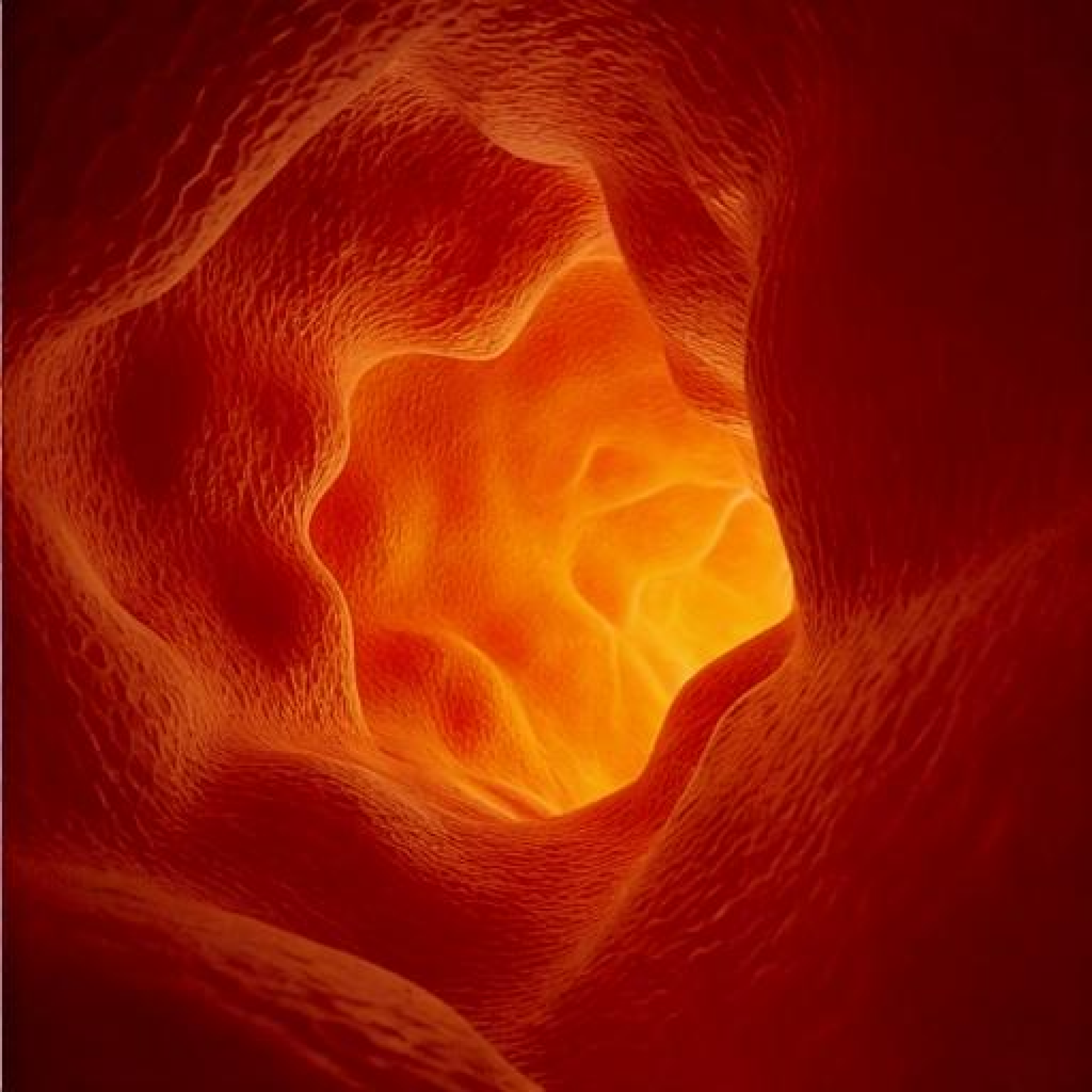
Reduction of intra-tissue fat in liver
An 18-month clinical study demonstrated that a Green-Mediterranean diet supplemented with polyphenol-rich Mankai led to the largest reduction in liver fat – almost doubled - compared to a classic Mediterranean diet. This suggests a potential benefit in lowering the risk of non-alcoholic fatty liver disease.
The study was published in GUT


A unique and positive effect on gut microbiota activity
A dedicated clinical study examined the impact of diet on gut microbiota profile. The results surprisingly revealed that including polyphenol-rich Mankai in a Green —Mediterranean diet had a beneficial effect on the gut microbiome profile, helping to preserve weight loss achieved after six months and maintaining balanced blood glucose levels.
Intrigued by the clinical trial results, a follow-up study using an artificial intestine system examined Mankai's direct impact on the gut microbiota. The results revealed that Mankai selectively influence microbial composition by breaking down polyphenols into smaller phenolic acids beneficial for human health.
The study was published in GUSTROANTOLOGY
And also in the Journal of Functional Foods.


